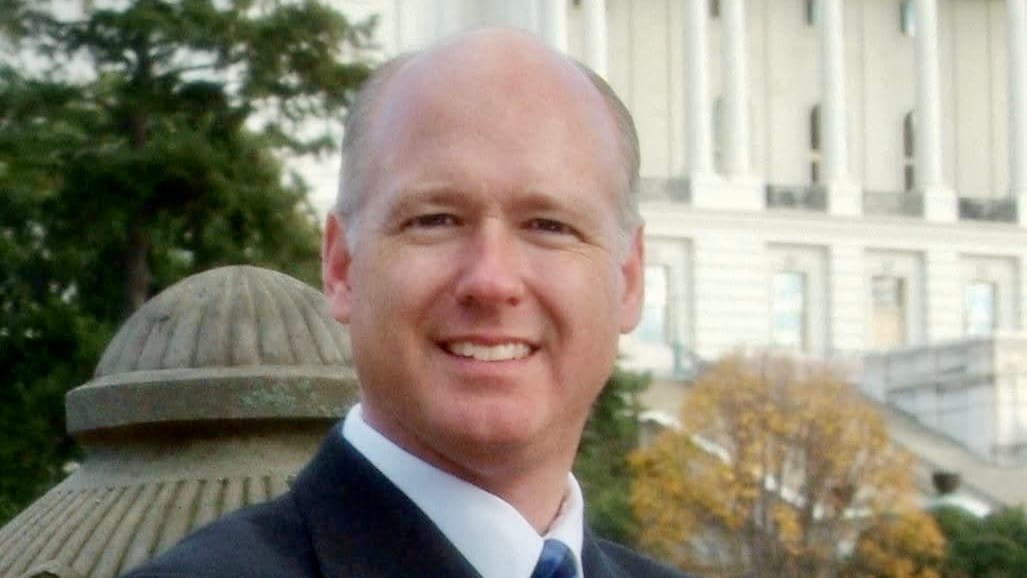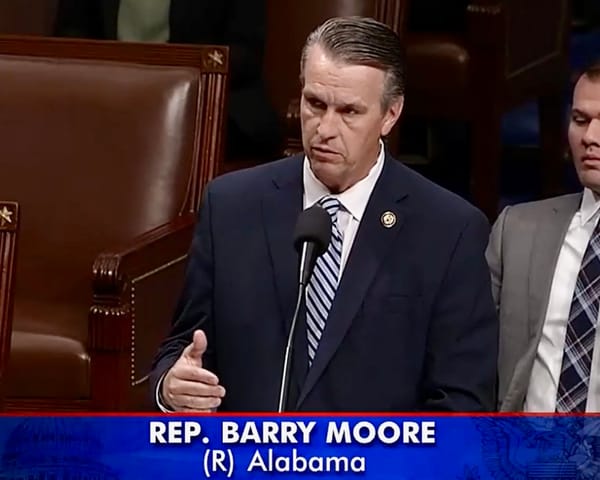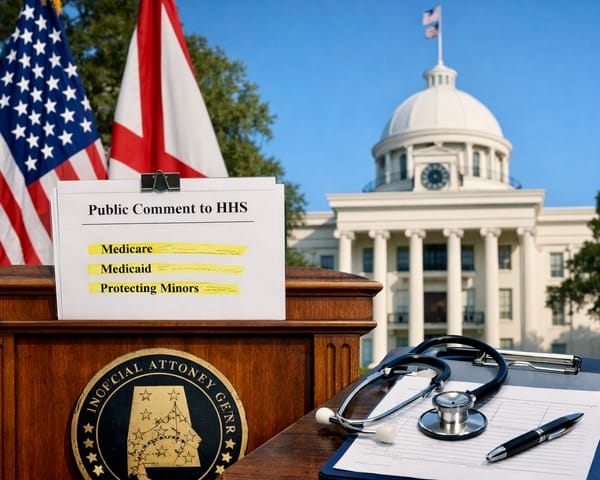Aderholt Applauds House Approval of Trump’s “One Big Beautiful Bill”
“The One Big Beautiful Bill delivers the America First agenda in a fiscally responsible way”-Robert Aderholt

U.S. Rep. Robert Aderholt (R‑AL4) lauded the House’s approval of President Trump’s comprehensive legislative package, the “One Big Beautiful Bill,” emphasizing its alignment with conservative priorities.
Aderholt stated, “The One Big Beautiful Bill delivers the America First agenda in a fiscally responsible way,” praising its expanded tax relief, business‑friendly measures, and worker support. He added that the bill “continues to support the most vulnerable in our society while helping able‑bodied individuals get back to work.”
A leading advocate for the refundable Adoption Tax Credit, Aderholt highlighted the pro‑family impact: “No family should be denied the opportunity to adopt a child simply because they can't afford the upfront cost ... families of modest means receive the same support as wealthier households.”
Defending the legislation against criticism, Aderholt clarified that it does not remove children or veterans from Medicaid or food assistance. Rather, he said, reforms will realign programs with their original mission—serving the poor, pregnant women, children, and individuals with disabilities—while tightening eligibility for able-bodied individuals “who just don't want to work.”
The expansive bill, estimated to add over $3 trillion to the national debt, combines permanent extensions of the 2017 tax cuts, new benefits like deductions for tips and overtime, and funding in areas such as border security, defense, and rural hospital support. At the same time, it introduces stricter Medicaid and SNAP work requirements and phases out certain clean‑energy incentives.
Passed by the Senate on July 1 in a 51–50 vote with Vice President Vance casting the tie‑breaker, the House mirrored that margin with its 218–214 vote on July 3, sending the bill to the President’s desk.
Critics from the Cato Institute and fiscal‑conservative members of Congress argue that the bill worsens long‑term fiscal health. Senator Rand Paul, among them, warned that “doing nothing…would still be better” than the current legislation, which he says deepens America’s debt crisis.




